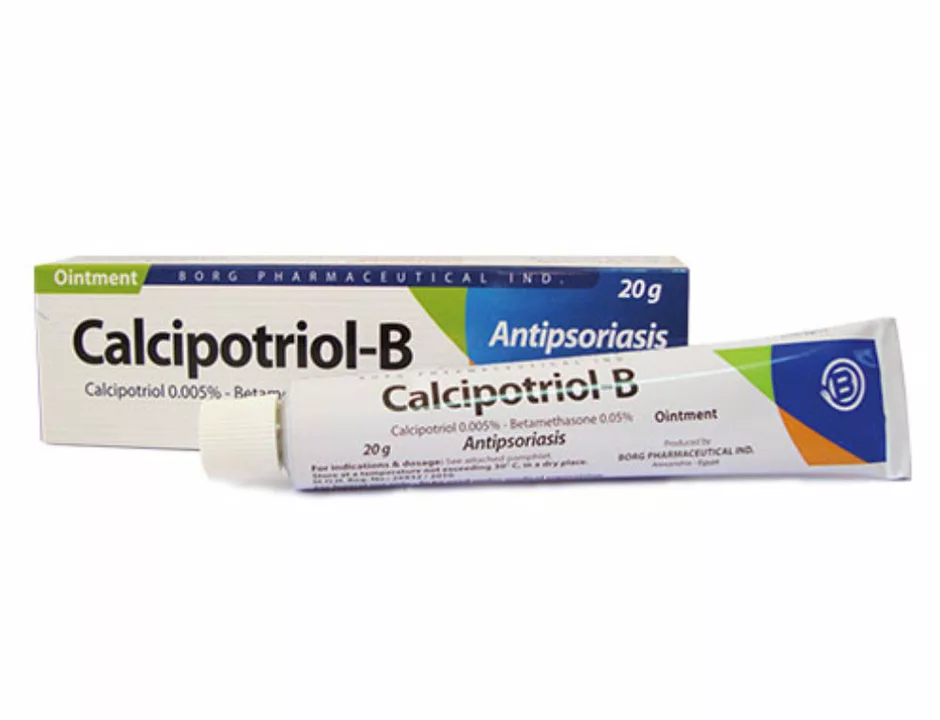Psoriasis: What It Is, How to Manage It, and Where to Find Help
Psoriasis shows up as red, scaly patches that can itch or burn. It’s not just a skin problem – it’s linked to immune activity, stress and even diet. If you’ve spotted stubborn plaques on elbows, scalp or knees, you’re probably dealing with this chronic condition.
Understanding the Basics
The first step is recognizing common signs: thick silvery scales, sharp edges around patches, and sometimes nail changes like pitting. Psoriasis can flare up suddenly after a cold, an infection or a stressful week. It isn’t contagious, so you don’t need to worry about spreading it to others.
Why does it happen? Immune cells overreact and speed up skin cell growth. Normally, skin cells replace themselves every month; with psoriasis, they turn over in days, leading to the build‑up you see on the surface.
Practical Ways to Keep Flares in Check
Start with a gentle skincare routine. Use fragrance‑free cleansers and moisturize while your skin is still damp – this locks in moisture and reduces itching. Over‑the‑counter options like coal tar shampoos or salicylic acid washes can calm scalp plaques.
If you need stronger help, topical steroids are the go‑to prescription. Our article on "Top 8 Triamcinolone Alternatives in 2025 for Skin Relief" breaks down other creams that work well for psoriasis and eczema without the side‑effects of long‑term steroid use.
Light therapy (UVB) is another solid choice, especially when patches cover large areas. It’s something a dermatologist can set up in the office or prescribe for home use.
Lifestyle tweaks matter too. Keep stress low with short walks, breathing exercises or hobbies you enjoy. Some folks find that cutting back on alcohol and quitting smoking reduces flare frequency. A balanced diet rich in omega‑3s – think salmon, walnuts and flaxseed – can also soothe inflammation.
When you’re searching for medication online, make sure the pharmacy is legit. Our guide to safe online pharmacies walks you through checking licenses, reading reviews and avoiding scams.
Finally, track your triggers. A simple journal noting foods, stress levels and weather changes can reveal patterns. Knowing what sets off your psoriasis lets you plan ahead and stay one step ahead of the itch.
